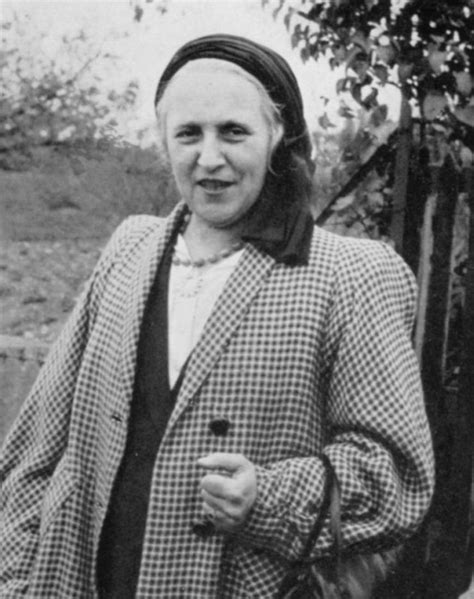A Quote by Francois Alexandre Frederic, duc de la Rochefoucauld-Liancourt
Nature seems to have treasured up the depth of our mind talents and abilities that we are not aware of; it is the privilege of the passions alone to bring them to light, and to direct us sometimes to surer and more excellent aims than conscious effort could.
Related Quotes
What is difficult to understand is that without conscious effort, nothing is possible. Conscious effort is related to higher nature. My lower nature alone cannot lead me to consciousness. It is blind. But when I wake up and I feel that I belong to a higher world, this is only part of conscious effort. I become truly conscious only when I open to all my possibilities, higher and lower. There is value only in conscious effort.
. . . when the nature of mind is introduced by a master, it is just too simple for us to believe. Our ordinary mind tells us this cannot be, there must be something more to it than this. It must surely be more "glorious", with light blazing in space around us, angels with flowing golden hair swooping down to meet us, and a deep Wizard of Oz voice announcing, "Now you have been introduced to the nature of your mind." There is no such drama.
I'm not a wildly gifted person; I don't play an instrument or speak another language or have great accomplishments in another field, as many writers do. But writing feels natural to me; the act of it seems to free up my unconscious, so that sometimes I feel that I have access to more ideas and information than my conscious mind could think up.
In contrast, compassion manifests in us as the offering of kindness rather than withdrawal. Because compassion is a state of mind that is itself open, abundant and inclusive, it allows us to meet pain more directly. With direct seeing, we know that we are not alone in our suffering and that no one need feel alone when in pain. Seeing our oneness is the beginning of compassion, and it allows us to reach beyond aversion and separation.
May I repeat what I told you here: treat nature by means of the cylinder, the sphere, the cone, everything brought into proper perspective so that each side of an object or a plane is directed towards a central point. Lines parallel to the horizon give breadth... lines perpendicular to this horizon give depth. But nature for us men is more depth than surface, whence the need to introduce into our light vibrations, represented by the reds and yellows, a sufficient amount of blueness to give the feel of air.
I say then, that belief is nothing but a more vivid, lively, forcible, firm, steady conception of an object, than what the imagination alone is ever able to attain. This variety of terms, which may seem so unphilosophical, is intended only to express that act of the mind, which renders realities, or what is taken for such, more present to us than fictions, causes them to weigh more in the thought, and gives them a superior influence on the passions and imagination.
Prayer works in the mind as a healing force. It calms the patient, enlightens the physician, guides the surgeon, and it often victoriously applies the power of the spirit when all seems lost. It proves, over and over again, the truth of Tennyson's words: "More things are wrought by prayer than this world dreams of." Prayer puts us on God's side. It aligns us with life's higher purposes, aims, and ideals. Prayer is dedicating our thought, feeling and action to the expression of goodness. It is to become like a window through which the light of God shines.
Keep the extent of your abilities unknown.The wise man does not allow his knowledge and abilities to be sounded to the bottom, if he desires to be honored at all. He allows you to know them but not to comprehend them. No one must know the extent of his abilities, lest he be disappointed. No one ever has an opportunity of fathoming him entirely. For guesses and doubts about the extent of his talents arouse more veneration than accurate knowledge of them, be they ever so great.
The balance and peace we seek for ourselves and our society won't be achieved through mental effort alone. Mind and spirit are meant to travel together, with spirit leading the way. Until we make a conscious commitment to understand and embrace our spiritual nature, we will endure the ache of living without the awareness and guidance of the most essential part of ourselves.
I testify that no one of us is less treasured or cherished of God than another. I testify that He loves each of us—insecurities, anxieties, self-image, and all. He doesn’t measure our talents or our looks; He doesn’t measure our professions or our possessions. He cheers on every runner, calling out that the race is against sin, not against each other.































